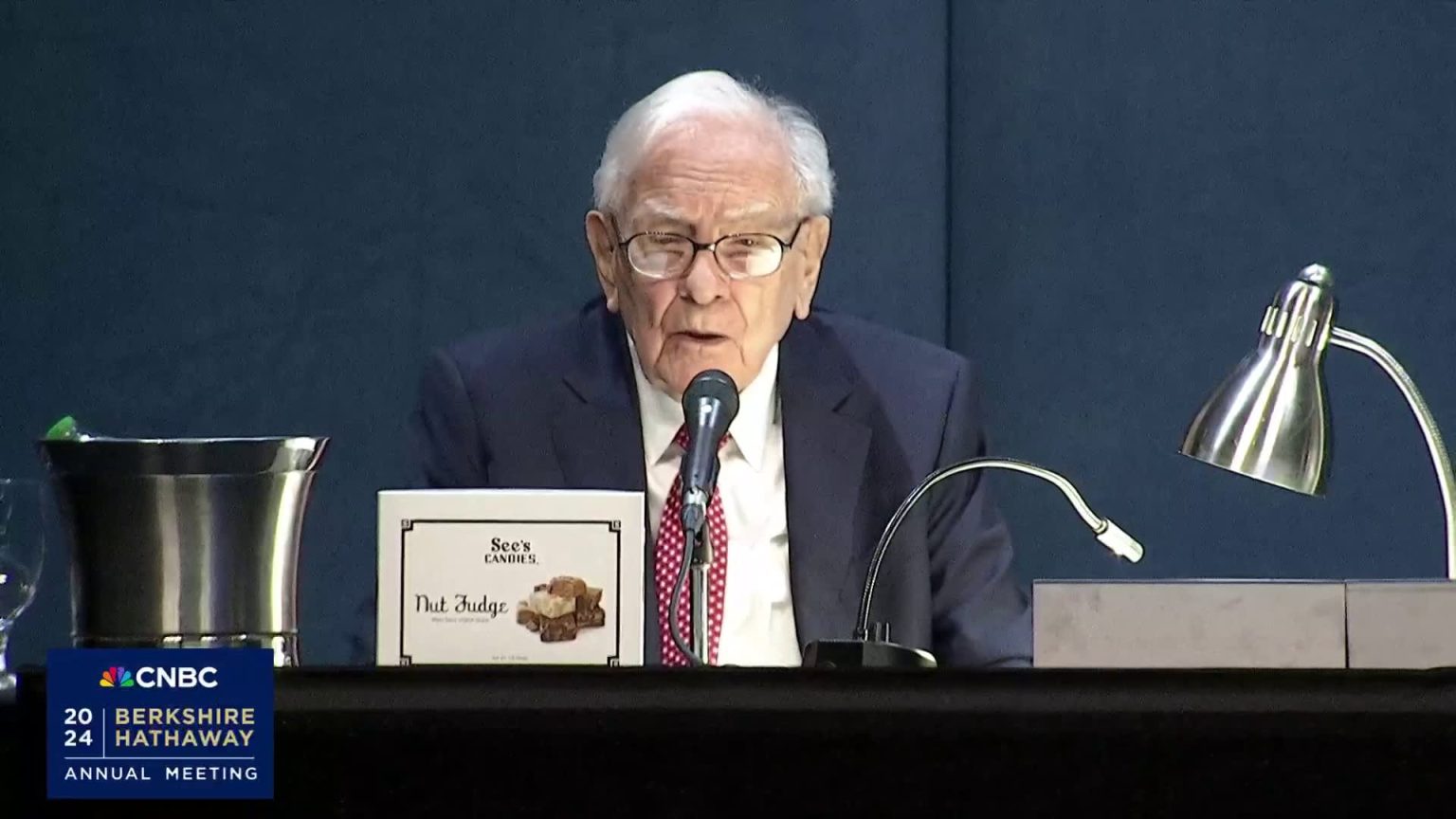Warren Buffett, a billionaire investor and Berkshire CEO, is cautious when it comes to artificial intelligence (AI), as he admits he doesn’t know much about it. At the recent Berkshire Hathaway annual meeting, he discussed the potential disastrous effects of AI once it is unleashed, from massive scamming ability to unintended consequences similar to nuclear weapons. Buffett also highlighted the uncertainty surrounding AI’s impact, including changes in individuals’ daily lives and the economy. He mentioned the challenge of determining how people will use leisure time created by AI and referenced economist John Maynard Keynes, who failed to predict human actions despite foreseeing productivity growth.
Recent data shows a boost in productivity over the past few quarters, with factors such as AI and return-to-office mandates being considered. While some believe AI will drive labor productivity, others caution against prematurely attributing short-term gains to AI implementation. IBM vice chair Gary Cohn stated that AI adoption is ongoing, but the real productivity boost is yet to be seen. Companies are in the process of setting budgets and strategies for AI implementation to enhance customer experiences and drive growth slowly over time.
Productivity booms, such as the one experienced in the late 1990s, are rare and have historically led to economic growth without a proportional increase in job creation. Concerns about technological advancements reducing job opportunities have prompted discussions about implementing universal basic income (UBI) to supplement lower salaries. However, the exact relationship between technology and jobs remains unclear, with some experts cautioning against viewing technology as a career killer. Historical data has shown that technological advancements have not necessarily resulted in widespread job losses as predicted.
The relationship between technology and productivity has been a subject of ongoing debate, with Nobel Prize-winning economist Robert Solow’s view on the matter being challenged during the 90s tech boom. There was a belief that the internet played a significant role in driving productivity gains during this period. In light of these complexities and uncertainties, Buffett emphasized the importance of human labor-intensive companies like Berkshire Hathaway finding a balance between utilizing technology for efficiency while ensuring the safety of human workers. Buffett drew parallels between the potential dangers of technology, such as AI, and the historical use of atomic bombs, stressing the need for caution and responsible implementation.













